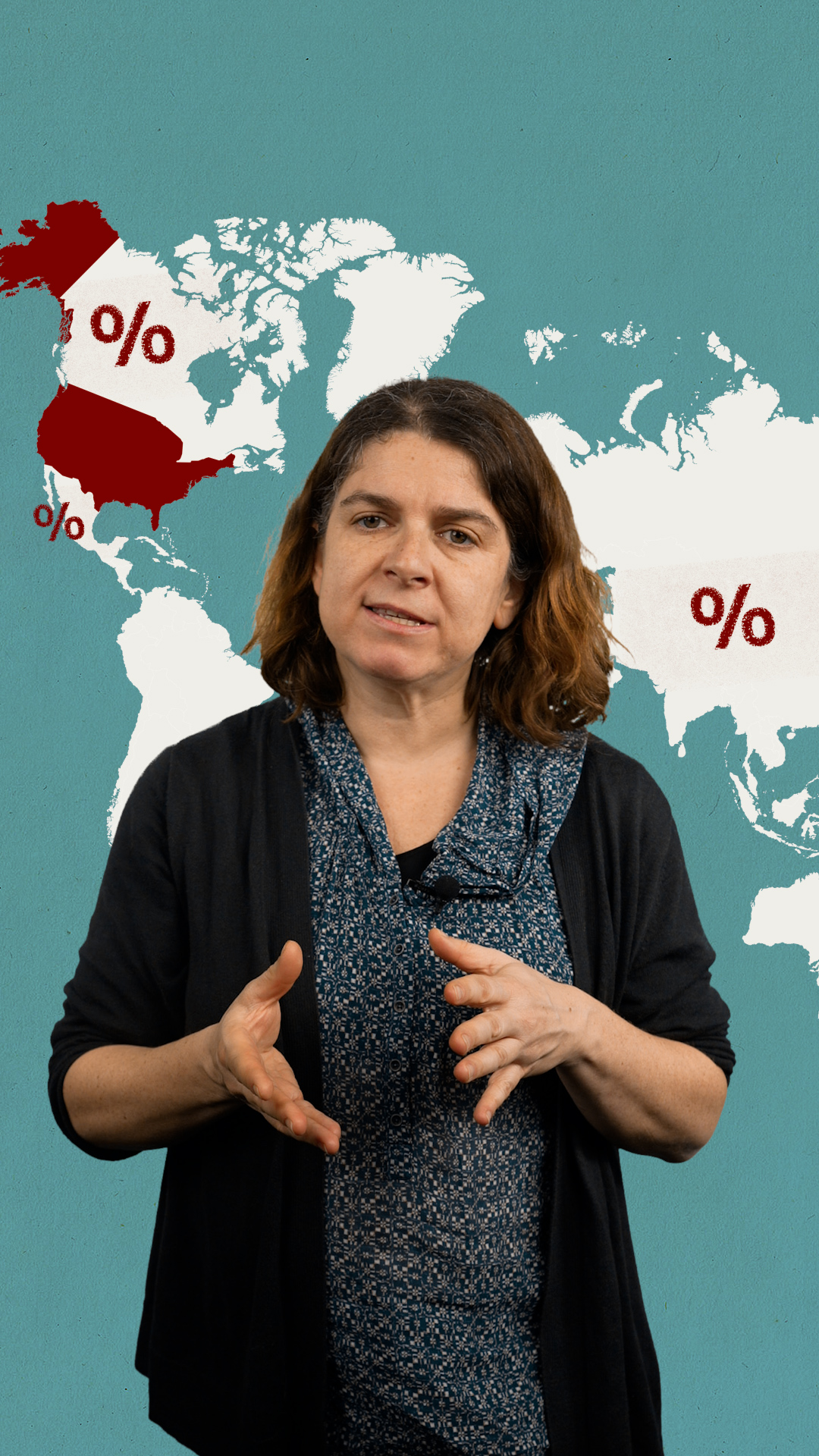
Switzerland can dodge deflation: SNB executive

Switzerland is likely to stave off deflation despite the tariff uncertainties facing its economy, according to central bank vice- president Antoine Martin.
+ Get the most important news from Switzerland in your inbox
Speaking in an interview with newspaper L’Agefi, he also said policymakers will continue to impose a higher bar toward further cuts in borrowing costs because of the side effects of going negative.
“At this stage, we do not see any risks of deflationary developments, and our forecasts show a jump in inflation in the coming quarters,” Martin said. “Inflation dynamics in Switzerland are unlikely to be dramatically disrupted by the dollar’s recent movements.”

More
Trump’s tariffs expose weakness of Switzerland’s economic independence
US President Donald Trump’s tariffs of 39% on Swiss goods are the highest for any advanced economy. While the measures are forcing some companies to consider job cuts and relocate production, economists have so far reckoned the country can weather the impact on output even if it will hurt growth. That’s a view that Martin’s remarks appeared to validate.
With such a benign impact in mind, a majority of forecasters predict the Swiss National Bank will shirk from cutting rates further from the current level of zero, mindful of the impact that such a policy previously inflicted on the financial system. Martin reiterated the central bank’s existing stance that officials won’t resort to such a measure unless they have to.
“The bar for introducing negative rates is higher than for a reduction in interest rates in positive territory,” Martin said. “Past experience teaches us that negative rates have worked, but that they create more challenges for banks, investors and also households, which take more risks. This phenomenon can have long-term negative effects.”
Questioned on government measures to heighten capital requirements for UBS, Switzerland’s biggest bank, he described them as “reasonable and necessary.” Martin is in charge of financial stability at the SNB.
“Vulnerabilities have been identified,” he said. “The goal is to have a healthy bank, with increased capital and higher safety margins, to deal with vulnerabilities.”
He insisted that even under the tighter requirements, UBS will be able to expand without jeopardizing Swiss financial stability.
In the same week that Trump moved to fire Federal Reserve Governor Lisa Cook, Martin was also asked the independence of such institutions.
“It is crucial that central banks remain technocratic institutions, in the best sense of the word, and independent,” he said.

More
What is a tariff? A quick guide
©2025 Bloomberg L.P.

In compliance with the JTI standards
More: SWI swissinfo.ch certified by the Journalism Trust Initiative






























You can find an overview of ongoing debates with our journalists here . Please join us!
If you want to start a conversation about a topic raised in this article or want to report factual errors, email us at english@swissinfo.ch.